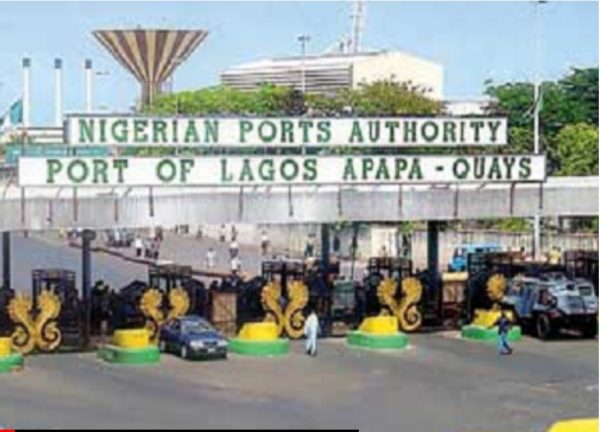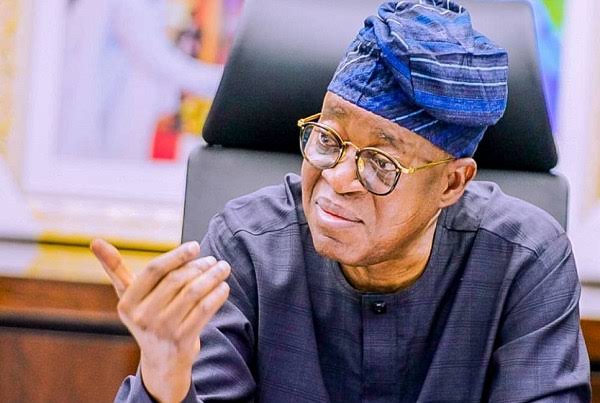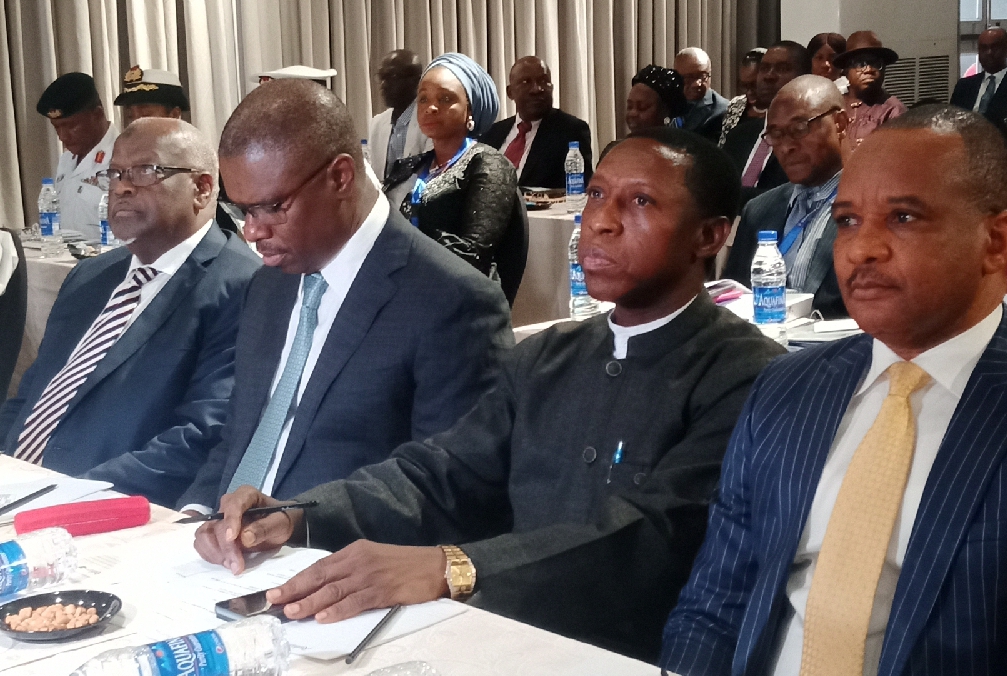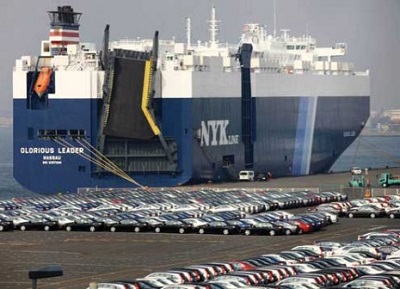Shippers Call on FG To Review Ports Charges
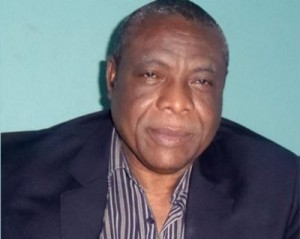
Shippers Association of Lagos State (SALS) has called on the Federal Government to review some of the ports charges which have become obsolete and are burdensome to shippers.
The president of the association Rev. Jonathan Nicol who made the call last week at a press conference in Lagos last week, said that one of the problems confronting shippers the high cost of doing business in Nigeria and this particular problem needs prompt attention from the government because the Nigerian ports is known as the most expensive in the world and this not is good for the nation.
According to him, “the government import policy has to change to compete favorably with other ports in the maritime community because the compulsory ports charges endured by shippers should be reversed in order to attract our shippers back to the ports as a lot of cargo is being diverted to other African countries”.
He lamented that one of the levy shippers pay is the ECOWAS liberalization scheme which ought to be the concern of the Federal Government but Nigerian shippers are made to pay the service charge for the scheme, also the 7 percent port development levy was introduced to help improve port development for only five years, according to statistics, 7 percent development levy that was collected in 2013 amounts to N130 billion.
Nicol stated that since the ports has been concessioned the development of the ports and its provision with the concessional agreement becomes the responsibilities of the concessionaires and not the shippers, adding that apart from these charges there is the compulsory import service scheme for computing customs duties that importers are forced to pay.
In his words, “In 2013, over N28billion has been paid by shippers to the Nigeria Customs Service (NCS) for performing their statutory responsibility, this is improper and must be stopped. It is the statutory responsibility of the NCS to compute customs duties. Also the Total collection for 2013 from all levies amounts to N730,805,580,072 excluding shipping and terminal charges, shipper believe that a whooping sum of $100 million was paid by shippers for shipping and terminal charges and it is estimated that over N5 trillion was paid by shippers between 2013 and 2014”.
At the same forum, the legal adviser of the association Barr. Emmanuel Nwagara stated that the position of SALS is that shippers have been at the receiving end of the exorbitance of the Nigerian ports and the Nigerian government should pay attention to the plight of shippers and reverse some of the charges that they have had to bear in the ports system.
Nwagbara questioned the payment of 1percent Comprehensive Import Inspection Scheme (CISS), which dates back to 1979 and is based on the premise that it was used to pay inspection officers of that time but now that the country operates Destination Inspection Scheme (DIS), where inspection of cargo is done by Customs, it is only expected that this levy be scrapped.
According to him “They are not undertaking a new responsibility, it is a traditional responsibility, we have had cases in the past where inspection agent went beyond their duty to assess customs duty for NSC, this generated a lot of law suits. Today they administer assessment to duties by themselves so what is the essence of the CISS charge”.
The association maintained that if the cost of doing business in the ports is not reduced to woo shippers back to Nigeria as they now prefer Cotonou ports and Tema in Ghana when the Common External Tariff (CET) is fully integrated the ports with the largest cargo gets the largest commission, according to the sharing formula and the Nigerian ports will be reduced to a second class ports in the ECOWAS sub region.
Also present at the occasion, the Executive Secretary Nigerian Shippers’ Council (NSC), Barr. Hassan Bello said that the Council as the ports regulator is doing everything possible to create a conducive environment for business in the Nigerian ports.
Bello who was represented by the Director of the Council, Mrs. Ada Okam appealed to shippers on the issue of excessive charges stressing that it will soon be a thing of the past.



